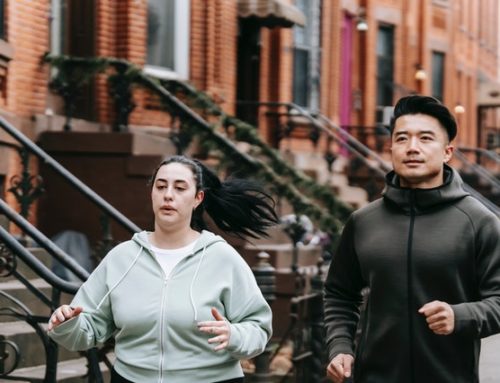Most of us are way too busy. If only we could somehow add two extra hours to our day!
It seems like no matter what we do, things just get busier and more hectic.
Most of us look for ways to manage our time better so that we can more effectively utilize the available time that we have.
There are so many things we would do if only we had more time. We may love to help others but just can’t fit it into our schedules.
But what if making time to help others actually helped us slow time down?
The Link Between Time and How You Use it
How we use our time matters. But while we think we would benefit from spending more time doing something for ourselves, the opposite may be true. A study published in the journal Psychological Science found that when people spent a couple of hours helping others, it shifted their perception of the time left in their day.
The participants in the study were divided into three groups. The first group used the time to do something for themselves, like having a massage. The second group spent the time doing nothing in particular. The third group spent the time doing something for others, like writing letters to family members, cooking for their family or volunteering with neighborhood cleanup.
Surprisingly, those who spent time doing things for others felt like they had more time left in their day.
How Does that Work?
The study’s authors suggest that spending time doing something for others gives your day an altruistic halo. In this state, you view yourself as having been extra productive. Call it the illusion of reclaimed time. Doing things for others not only makes us feel good, it also gives us a sense of accomplishment. Using your time productively often propels you to do more of the same. You can slow time down by taking a break to help others. You’ll likely regain that time in a later productivity boost.
Other Benefits of Helping Others
Time flies and we all want more time in our day. Certainly, that’s a good enough motivating factor for doing things for others. But it turns out that there are a lot of major ways we benefit from helping others.
Other studies show that helping others is hardwired into our DNA. Researchers can see on MRIs that helping others lights up the same parts of our brain dedicated to other pleasurable activities like food and sex. But the key is that it must be something we choose to do, not something we’re guilt-tripped into doing. (Give yourself permission to say no to that telemarketing call for donations if you want—this kind of giving doesn’t bring the same benefits for you.)
Does it sound selfish if you’re giving to others just to see what you get out of it? While altruism shouldn’t be focused on what you receive, it does matter where you focus your efforts. The best places to give are to people and organizations that are otherwise aligned with your interests.
Giving doesn’t always have to involve money, either. If you care about children, for example, you can still make a difference by choosing to be a Big Brother or Big Sister instead of just sending a check. The gift of time often matters more to the receiver than money. But that shouldn’t discourage you from donating money when it’s feasible, either.
Find Balance
Helping others has many benefits for them as well as for us. But it’s also possible to get too much of a good thing. Make sure you strive for the right balance so that your ability to help isn’t depleted. Keep others in mind without giving so much that it drains you.
Go ahead and write that letter to your aunt or help your elderly neighbor rake leaves. Those little things will pay off for them and for you. In fact, you just might be able to slow time down.




